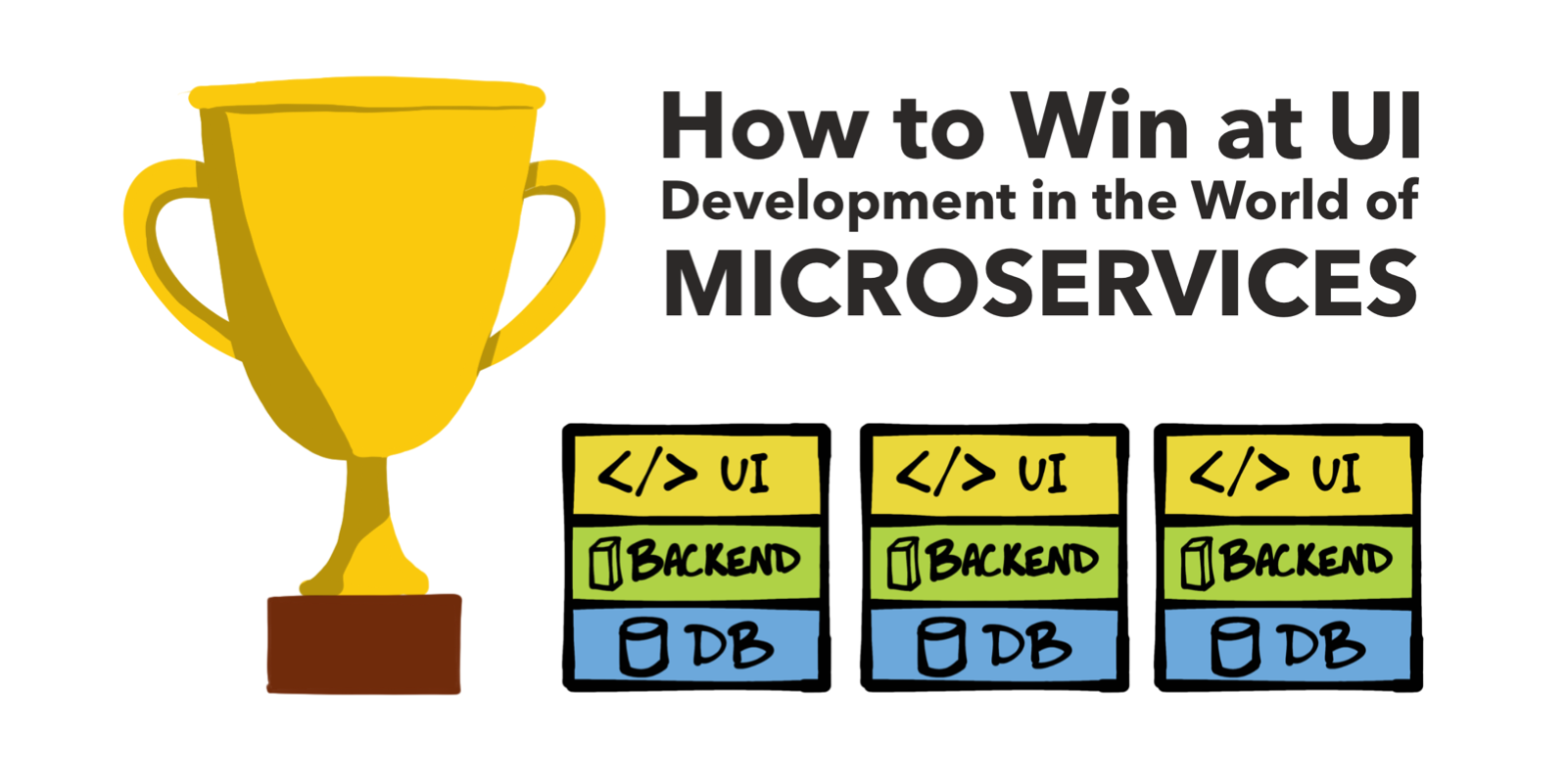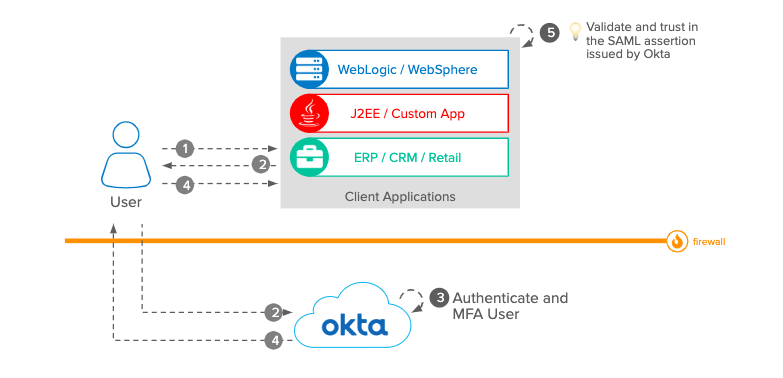Tutorial: How to Build a JavaFX Desktop App with OIDC Authentication

JavaFX, a library of user interaction controls, allows Java developers to build cross-platform desktop applications and internet application. It was intended as a replacement for Swing (if you’re old like me and remember that). Implementing an authorization flow with OAuth 2.0 can be tricky with a desktop framework like JavaFX. Typically, OAuth flows require a browser and redirecting to specific URLs. Detecting a redirect in JavaFX’s default browser is impossible. The default Java browser (java.awt.Desktop.browse(URI))...
Create a Blockchain Explorer in C#

Blockchain technology is already central to major cryptocurrencies like Bitcoin and its applications are ever growing. A blockchain is simply a list of records, called blocks. Each block contains information about transactions - and also confirms the validity of the previous block with something called a hash function. A hash function calculates a number from all of the data in a block. It works in such a way that if any of the bytes in...
Build a Secure React Application with JWTs and Redux

If you’ve worked with React at all, chances are you’ve at least heard of Redux. But you may not know what it is, how it fits in with React, or how to use it in your app. It can sometimes be complicated to set up but can be a very useful addition to a React app depending on your use cases. And if you’ve done much work with web apps, you also probably know how...
Get Jibby With Java, Docker, and Spring Boot

Docker is a very popular system for containerizing applications. Containerization packages the executable code along with the runtime environment in deployable virtual images using a repeatable, automatable process. In the world of cloud-based development and microservices, where a single application can be spread across hundreds of servers in various networks with complex port configurations, the ability to automate the deployment of “units” of code is super helpful. The ability to control the execution environment also...
How to Win at UI Development in the World of Microservices

Microservices have become a popular and effective design for scaling development teams in large companies. A microservices architecture enables you to build and deploy services independently, providing developers autonomy, enthusiasm, and a passion for their work. These benefits are realized because they feel a sense of control over their own destiny. Allow me to demonstrate with a story about my time at LinkedIn. In early 2008, they asked me to do an analysis of Ruby...
Easy Spring Boot Deployment with AWS Elastic Beanstalk

Nearly all applications rely on authentication. Developers, and the companies that employ them, want to confirm who is making the request and are they who they say they are. And, this needs to happen fast enough for a good user experience. Fortunately, there are great tools to help. Spring Boot with Spring Security is a fantastic solution for Java-based web development. With relatively little code, developers can implement, test, update, and expand authentication schemes easily...
5 Reasons Why You Should Give Visual Studio for Mac Another Try

Visual Studio has not always been as user-friendly on the Mac as it is on a Windows machine. Lately, however, the stable release of VS for Mac is really starting to feel like a simple, but luxurious cousin to Visual Studio 2019. Different, but related. Installation on a Mac is quick, simple, and allows you to get into coding right away - whether you are already familiar or an Apple-only dev getting into something new...
Build a Simple CRUD App with ASP.NET Core, MySQL, and Twilio

In this article, we’ll be building an MVC task management form with .NET Core 2.2. We’ll also be showing how to integrate with a MySQL database from MVC, and how to use Twilio to send SMS messages to your app that will add new tasks to your list. .NET Core and MySQL are both free and open source technologies. The new ASP.NET Core can run on Linux and in Linux Containers, and MySQL is one...
Secure Applications with Certificate Pinning

In the famous 1993 cartoon from the New Yorker, one canine sits at a PC, looking at another, and says, “On the Internet, nobody knows you’re a dog.” More than a quarter of a century later, digital certificates have made us more certain who we’re talking to online, but there are still problems that mean we can’t be 100% sure. Certificate pinning serves to close that gap by narrowing down the certificates we accept from...
SAML: What's Behind SSO

Apple’s recent announcement of a single sign-on (SSO) solution, Sign in with Apple, has developers everywhere thinking about how to incorporate it into their application’s infrastructure. Apple is hardly the first organization to introduce SSO—it’s a security-focused methodology that has been available for years—and one of the protocols behind it is SAML. The SAML protocol lets users prove their identities across multiple applications with just one set of login credentials. It was ratified in 2002...